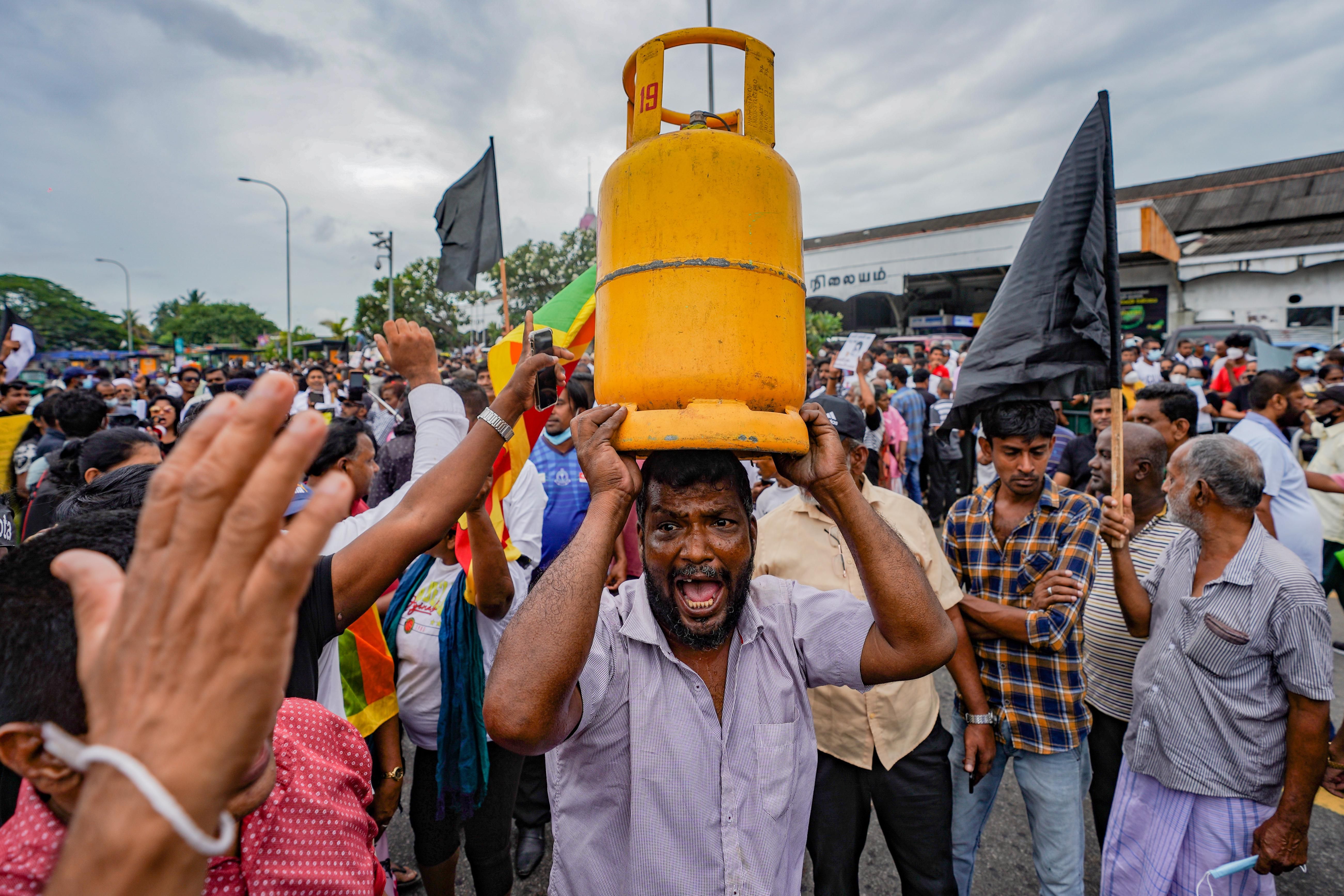10: On Thursday, Sri Lanka ended 10 days of talks with the IMF without agreeing on a bailout package to get the bankrupt island nation out of its worst-ever economic, social, and political crisis. Who else could help? India might find an opening to win Sri Lankan hearts and minds by offering the cash China now seems unwilling to provide.
115: Poland has completed its 115-mile fence along the border with Belarus inspired by last year’s border crisis. In late 2021, Belarusian strongman President Alexander Lukashenko triggered the crisis by pushing non-EU migrants into Poland as payback for earlier EU sanctions against Minsk.
3,000: On Thursday, the Taliban hosted the first big meeting of Islamic scholars and tribal elders since the group took over Afghanistan last summer. It was — unsurprisingly for the Taliban — an all-male gathering of 3,000 where men "represented" women.
24: Argentinian farmers are threatening to halt all exports for 24 hours if President Alberto Fernández doesn't do something about the crippling shortages of fuel and fertilizer. We've seen many national commodity export bans since Russia invaded Ukraine, aggravating the global food crisis, but this would be a rare one driven by a sector group against a government.This comes to you from the Signal newsletter team of GZERO Media. Subscribe for your free daily Signal today.
More For You
Nearly four years into Russia's invasion of Ukraine, the push to end the war is intensifying. The past few weeks produced not one but two proposals.
Most Popular
The AI economy takes shape
What’s Good Wednesdays™, December 3, 2025
Walmart's $350 billion commitment to American jobs
Ian Bremmer breaks down why the latest Russia-Ukraine “peace push” is headed back to Moscow and why the outlook is bleak.
There are close presidential races, and then there’s the one in Honduras, where just 515 votes separate the top two candidates following Sunday’s election in the Central American nation.
